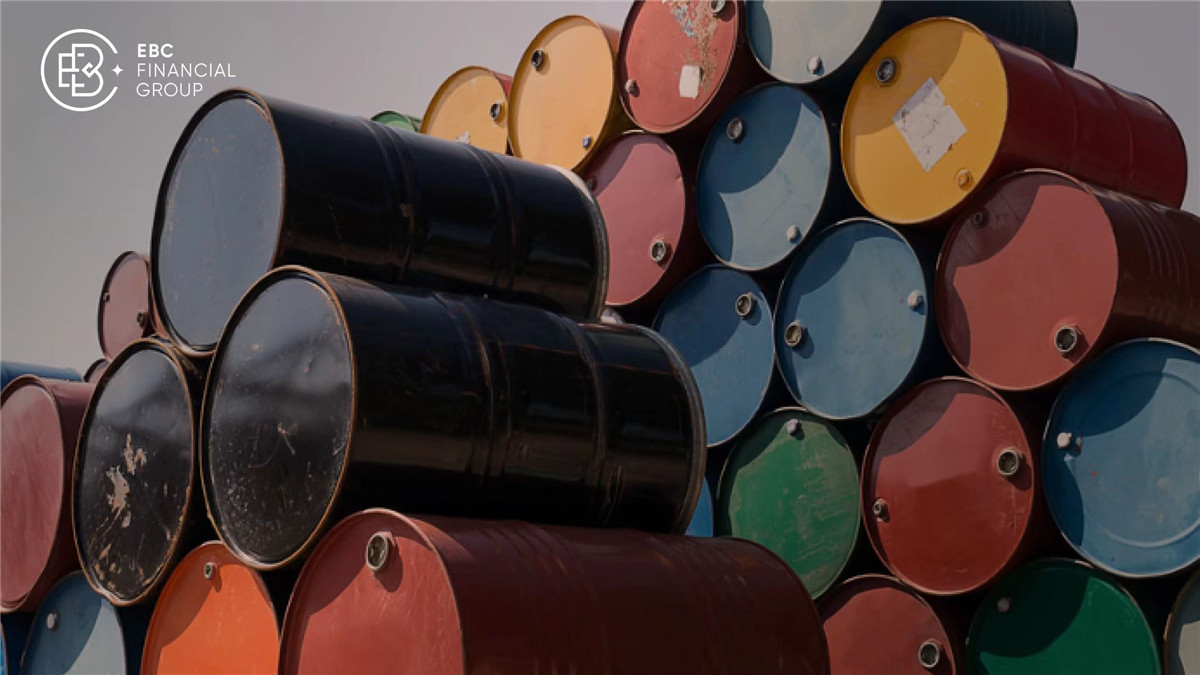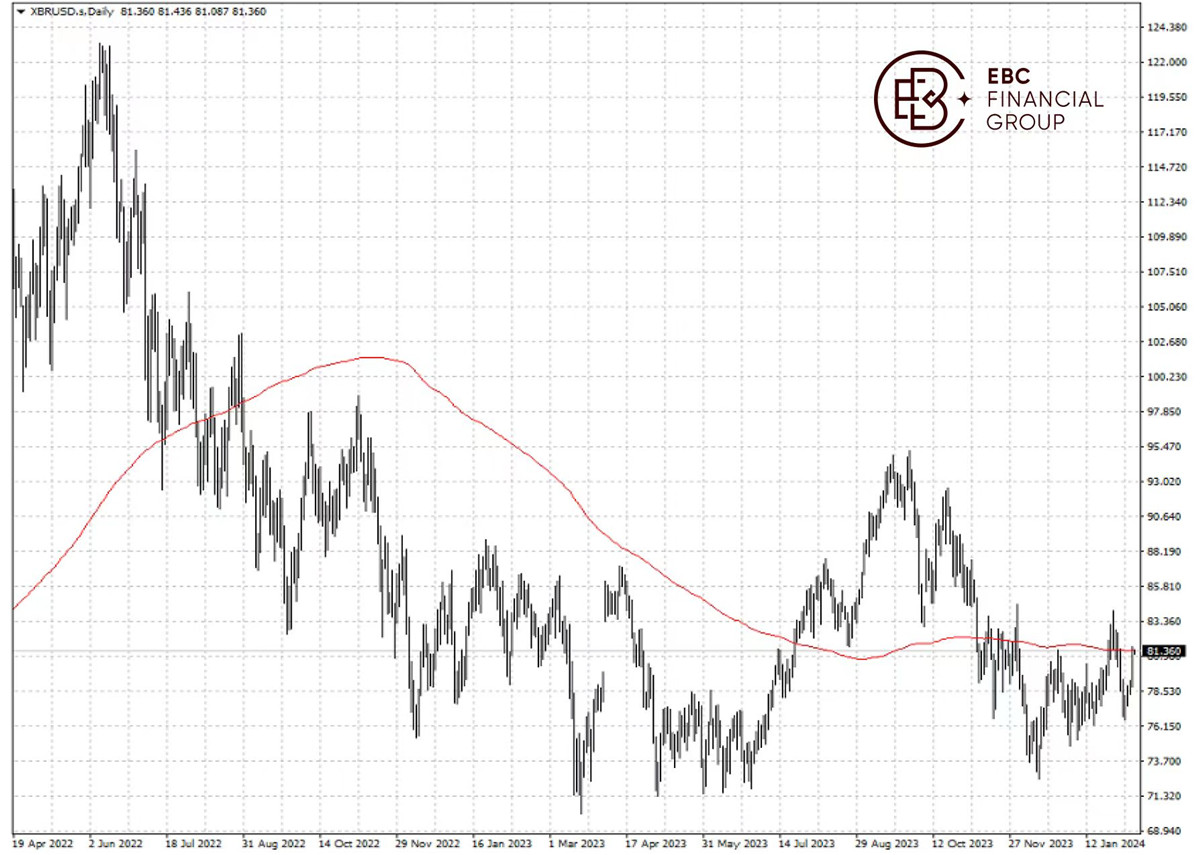Oilprices head for weekly gains on Israeli shelling
2024-02-09
 Summary:
Summary:
Oil prices rose as tensions escalated in the Middle East after Israel rejected a ceasefire offer from Hamas, setting the stage for weekly gains.
Oil prices rose in early trade on Friday, on track for weekly gains, with
tensions flaring up in the Middle East after Israel rejected a ceasefire offer
from Hamas.

Both benchmarks rose about 3% in the previous sessionafter Israeli forces
bombedthe southern border city of Rafah. That came despite international efforts
towards a peace deal.
PM Benjamin Netanyahu said he had ordered troops to "prepare to operate" in
the city, after rejecting what he labelled Hamas's "bizarre demands" in truce
talks.
Elsewhere Russia surprisinglyexported more crude than planned this month amid
a spate ofdrone attacks by Ukraine, which could undermine the country’s pledge
to curb output under an OPEC+ pact.
Crude inventories rose by 5.5 million barrels in the week ended 2 Feb, the
EIA said, compared with analysts' expectations in a Reuters poll for a rise of
1.9 million barrels. Refinery crude runs fell tothe lowest since Jan 2023.
It expects oil will rise into the mid-$80s area in the coming months, but
will experience downward price pressure in the second quarter of this year as
global oil inventories increase.

Brent crude is pressed by its 200 SMA negatively and, above that level, we
see strong resistance at $84. It will likely approach $76 again if failing to
hold above $80 on a potential reversal.
Disclaimer: This material is for general information purposes only and is not
intended as (and should not be considered to be) financial, investment or other
advice on which reliance should be placed. No opinion given in the material
constitutes a recommendation by EBC or the author that any particular
investment, security, transaction or investment strategy is suitable for any
specific person.








